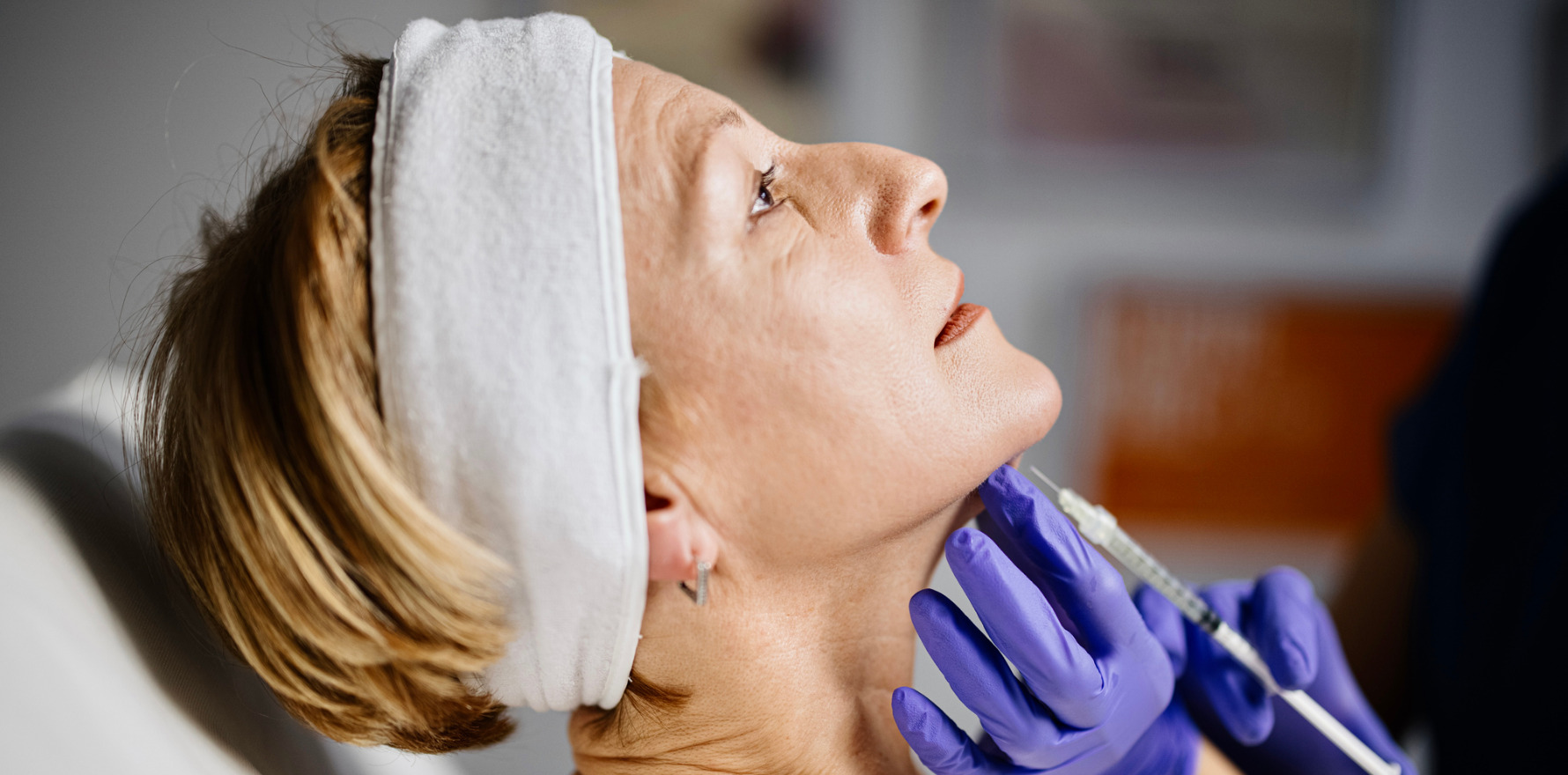The RACGP says removal of warts, skin tags and benign pigmented lesions must be excluded from non-surgical cosmetic procedure regulations.
Run-of-the-mill GP procedures like wart or skin tag removal must be discounted from regulations affecting practitioners who perform and advertise non-surgical cosmetic procedures, says the RACGP in its submission to AHPRA’s consultation.
Last November, AHPRA opened a 10-week consultation into draft guidelines for non-surgical cosmetic procedures as part of a broader crack down on the industry born from an independent review published in 2022.
In its submission to the public consultation on the draft regulations, the college flagged that greater clarity would be needed to prevent regular GP procedures from inadvertently getting caught in the cross hairs.
“While general practitioners (GPs) are not intended to be captured under the guidance and not specifically listed in the draft guidelines for registered health practitioners who perform non-surgical cosmetic procedures, there are some aspects of the guideline that may unintentionally impact GPs and the necessary procedures they undertake in their practice,” the college said.
“This may be particularly the case for GPs who practice in regional, rural or remote areas, and who may have a wider scope of practice depending on the availability of non-GP specialist services.”
The RACGP raised concerns that the guidelines may impact procedures such as treatment of warts, skin tags and removal of “unsightly but benign pigmented lesions”.
“Whilst we believe these procedures would be considered ‘clinically justified’ under the definitions and, therefore, fall outside the scope of the guidelines, the inclusion of a detailed guideline scope at the start of the document will be helpful for all health professionals and practitioners.”
Related
The college recommended a “detailed guideline scope” be issued with the regulations, that specifies that GP activities fall outside of the document’s remit, as well as a list of common cosmetic procedures that are and are not covered by the guidelines.
The college also recommended that prescription for cosmetic injectables should not be allowed via video consultation.
“A visual assessment of the patient prior to non-surgical cosmetic procedures is appropriate given the aim of cosmetic procedures is a visibly altered outcome,” it said.
“However, allowing prescribing of injectables by video still presents a high level of risk and leaves the door open to medical companies profiteering from online dispensing of injectables.”
According to the college, the draft also lacked detail around the additional responsibilities of providing non-surgical procedures to minors.
In the case that a parent or guardian is not supportive of a procedure, the guidelines should clearly outline next steps, “for example, referring for an independent second medical opinion”, said the college.
These guidelines are one part of a series of clampdowns on the cosmetic industry, including new standards for cosmetic surgery and a recent TGA ban on the use of generic terms like “dermal fillers” and “anti-wrinkle injections”.
While these may not directly affect GPs, the breadth of the blanket ban on the use of generic terms that may allude to prescription products is wide reaching.
“Recently, the TGA has observed that clinics and health services in other industry areas are advertising the availability of prescription medicines, usually by referring to a class of goods (for example ‘weight loss injections’, ‘medicinal cannabis’ or ‘nicotine vaping products’),” the TGA said.
“The TGA has interpreted that promoting a health service in this way is also an advertisement for a therapeutic good that refers to prescription medicines, which is unlawful.
“The update aligns with the focus of other regulators on health professionals performing non-surgical cosmetic procedures and acknowledges the increasing vulnerability of Australians influenced by advertising in the cosmetic space.”
The revised guidelines for advertising cosmetic injectables, updated last week, are now available on the TGA’s website.





